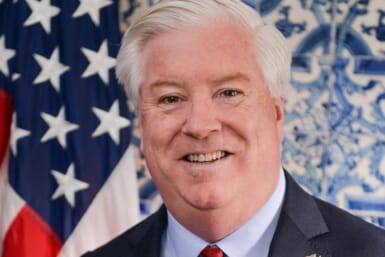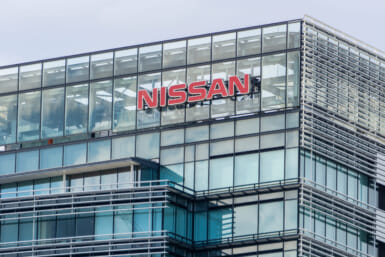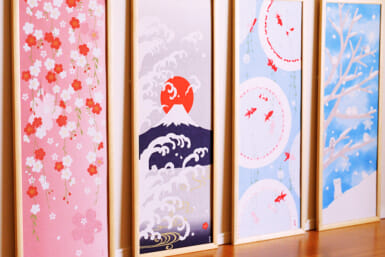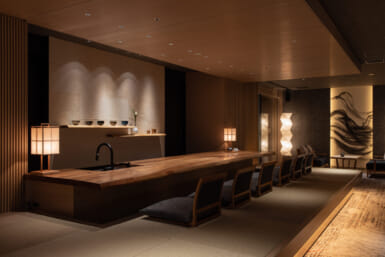by Elyse M. Rogers
Emergency Care — Choosing a Doctor
Probably one of the scariest things concerned with a new move is the question, “What will I do if there’s a medical emergency?” A medical emergency seems worse than other types of emergencies because there is always the fear that speed is important to survival. This would certainly be true of severe blood loss, and it could be true of a heart attack, but it’s nice to know that in many other medical situations, even though the patient may be uncomfortable, there is adequate time to think calmly and act.
I wish I could tell you that emergency care for English-speaking foreigners here is easy—that there is a local number to call that would whisk competent, English-speaking paramedics over in seconds to take care of your needs. But I can’t, because there’s no such service. Last year, I understand, there was a movement to train paramedics and equip the ambulances throughout the city with suitable equipment, but it never made it through the beauracracy of government and private medicine. However, as Japan becomes more medically sophisticated, I think this will happen.
Until then, most of the physicians I talked with in Tokyo stressed that the most important part of emergency care should begin long before any emergency. The best way to insure satisfactory ongoing medical care in Tokyo, including the best and swiftest emergency care, is to establish a relationship with a physician. In Tokyo he is your link with the hospital, and he also either speaks Japanese or has a staff that does.
If you have a family doctor “back home,” you may think that you’ll use him as your permanent doctor, checking in with him on home leave, and exist here without a formal connection with a physician. That approach may actually work if you’re lucky enough to avoid all illness or injury during your stay. I wouldn’t count on it, though. Better to consider the doctor/patient association that you establish here in Tokyo more like insurance—similar to the way you protect your home or your car “just in case.” So much the better if you establish that relationship and then are fortunate enough never to have to use it.
Selecting a physician in Tokyo is not as easy as in your native country, but there are competent, western-style physicians who speak English here. A complete list (including specialists) of doctors is available in the American Chamber of Commerce of Japan (ACCJ) book Living in Japan. Also, friends or business associates can often recommend physicians whom they have found to be competent and friendly.
If you speak Japanese, or don’t mind a language barrier, there are also many competent Japanese doctors, of course. Only problem is that they are often not as “western” in their medical thinking. For instance, a Japanese physician may insist that you throw away all your current medications and treatments and go with his methods and prescriptions. Also, some may balk at working with patients who have another physician (particularly a foreign physician) who is jointly participating in the medical care. (Japanese patients often go from one doctor to another, but that’s a different philosophy, and not what I’m referring to.)
Unless you are prepared to work through the language and cultural difficulties involved, it might be smarter to choose one of the doctors who speaks English and practices mainly in the foreign community.
Choosing a physician is a very important step, but of equal importance is establishing a good relationship with him or her, and finding out just what his policies are for emergency care and treatment. We’ll discuss that aspect in the next column.








